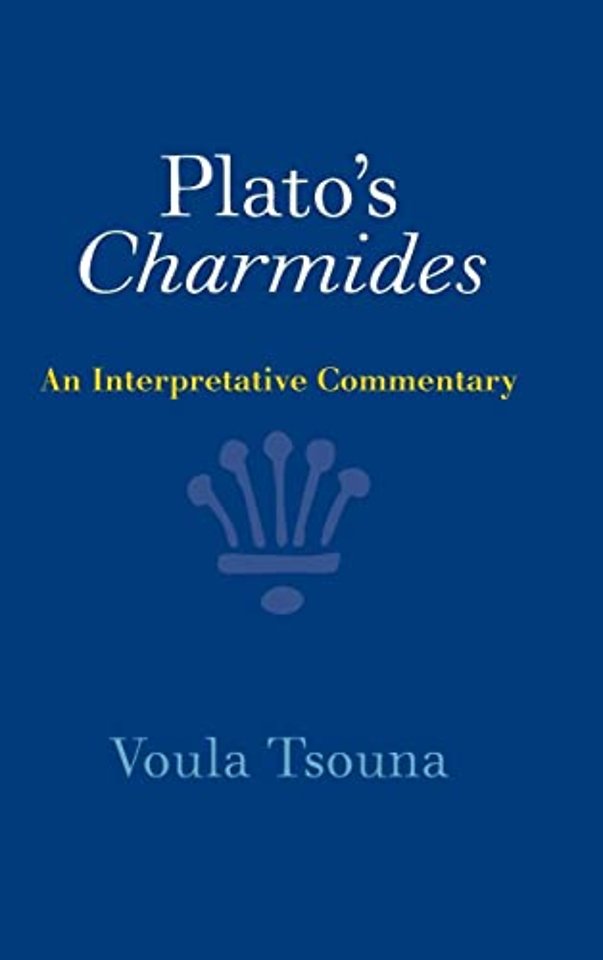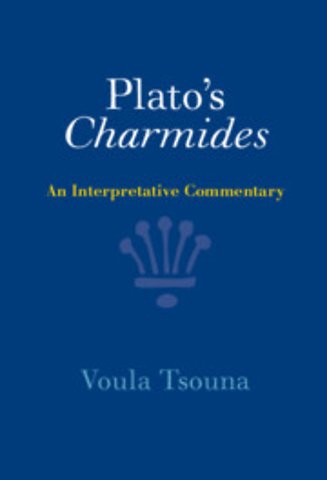Plato's Charmides
An Interpretative Commentary
Samenvatting
The Charmides is a difficult and enigmatic dialogue traditionally considered one of Plato's Socratic dialogues. This book provides a close text commentary on the dialogue which tracks particular motifs throughout. These notably include the characterization of Critias, Charmides, and Socrates; the historical context and subtext, literary features such as irony and foreshadowing; the philosophical context and especially how the dialogue looks back to more traditional Socratic dialogues and forward to dialogues traditionally placed in Plato's middle and late period; and most importantly the philosophical and logical details of the arguments and their dialectical function. A new translation of the dialogue is included in an appendix. This will be essential reading for all scholars and students of Plato and of ancient philosophy.

